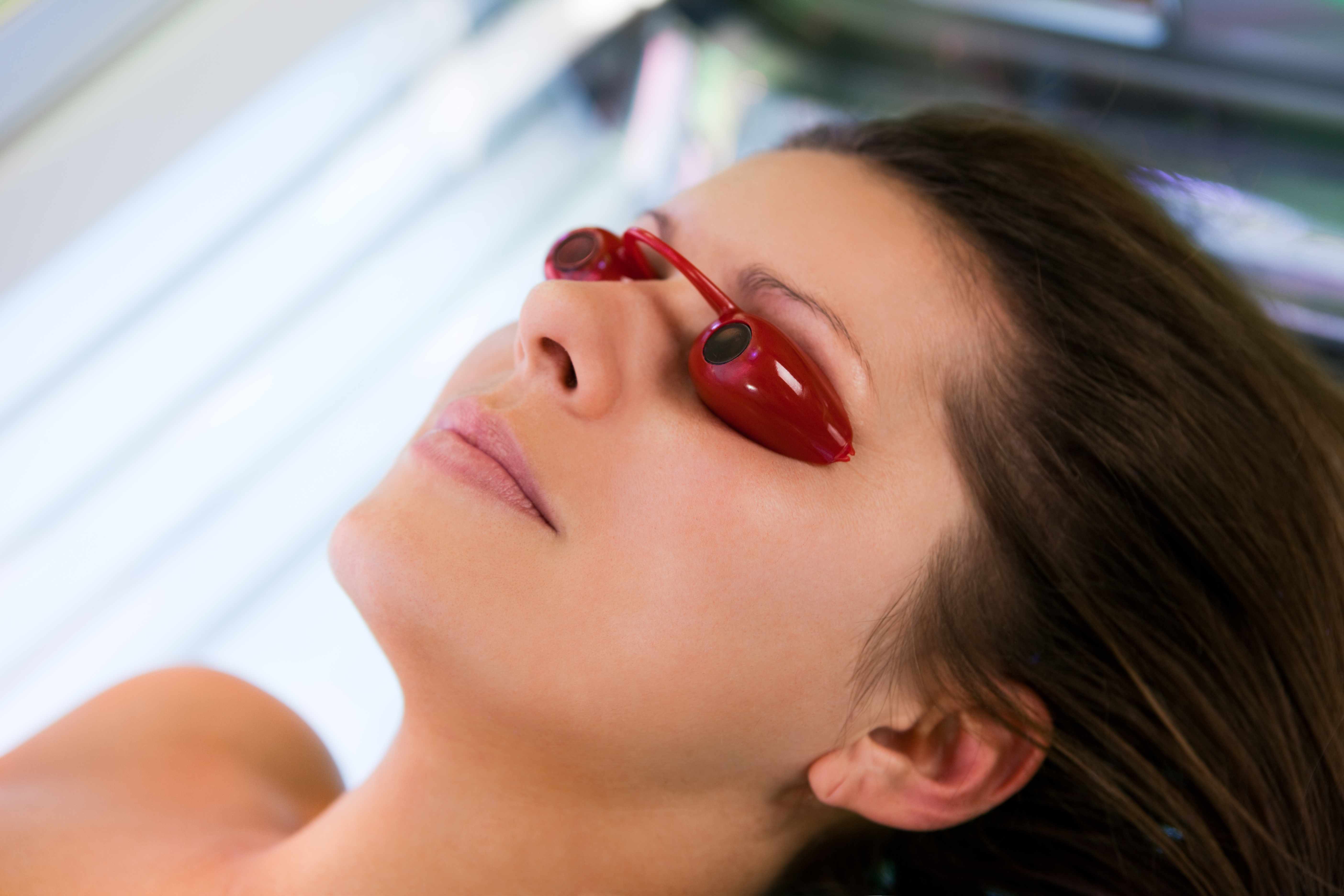-
 Cancer
CancerKnowing your risk for skin cancer may limit unhealthy behaviors

ROCHESTER, Minn. ― With the new year underway, many people are looking to improve their health. One way they can do that is to reduce their chance of melanoma by understanding potential risk factors.
A recent Mayo Clinic study published in Dermatologic Surgery examined the role of risk perception in limiting potential behavior that could increase a person's chance of developing future melanoma. The findings suggest that having a knowledge of skin cancer risk could influence risky behavior, such as tanning bed use.
"We know there is a large increase in the number of young and middle-aged women who are getting melanoma, compared to 40 years ago," says Jerry Brewer, M.D., a Mayo Clinic dermatologist and the lead researcher. "This study demonstrated that individuals who were at higher risk for skin cancer not only had an accurate self-assessment of their risk, but were also unlikely to use a tanning bed within the next year."
Using data from the Rochester Epidemiology Project, researchers developed the Olmsted County Healthy Skin Study. This study examined the role of tanning bed use in people who knew about the risk of skin cancer.
The study noted these findings:
- Most people in the study were female and had a previous history of tanning bed use.
- People with a previous history of tanning bed use viewed their skin cancer risk to be higher than peers who did not use a tanning bed.
- People in this study had an appropriate knowledge base of their skin cancer risk.
"Melanoma is on the rise. We also know that tanning beds play a significant factor in melanoma development. In this study, it was nice to see that having an accurate perception of skin cancer and a perceived high risk of skin cancer development was associated with a less chance of tanning bed use within the next year," says Dr. Brewer.
While more research is needed, study findings indicate that an understanding of potential cancer risk is associated with behavior modification when it comes to tanning bed use.
"More studies would help clarify some of the questions regarding skin cancer risk, perceived risk, and what accurately predicts behavior modification pertaining to skin cancer development," says Dr. Brewer.
###
About Mayo Clinic
Mayo Clinic is a nonprofit organization committed to innovation in clinical practice, education and research, and providing compassion, expertise and answers to everyone who needs healing. Visit the Mayo Clinic News Network for additional Mayo Clinic news. For information on COVID-19, including Mayo Clinic's Coronavirus Map tracking tool, which has 14-day forecasting on COVID-19 trends, visit the Mayo Clinic COVID-19 Resource Center.
Media contact:
- Emily Blahnik, Mayo Clinic Public Affairs, newsbureau@mayo.edu







